CHAPTER 1
This Plant’s Different
Weed is not your average plant. Yes, its natural, but not like the plants in your yard.
CHAPTER 2
THERE’S A
SCIENCE TO IT.
Short-term effects
Other short-term effects include feeling high, slowed reaction time and hand/eye coordination, distorted perceptions of time and distance, paranoia,
faster heart rate, increased blood pressure, increased appetite, dry mouth, red eyes, difficulty thinking, decreased motivation, and fatigue.

Brain
When using weed, dopamine is released to the brain. This is what causes the “high”.
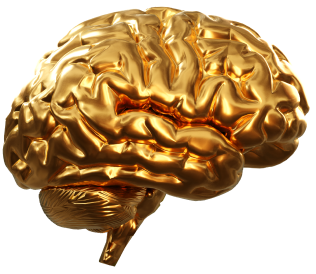
Memory
Weed usage can induce short-term memory loss due to its effect on the hippocampus.
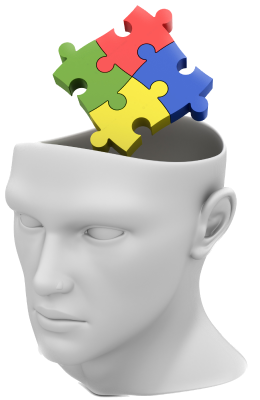
Lungs
Smoking weed release toxins ands carcinogens. Research has shown that weed smoke can contain the same toxins as tobacco smoke.
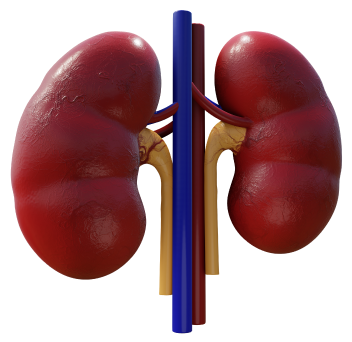
Heart
Weed raises the heart rate shortly after weed is smoked or consumed. This can last up to three hours.
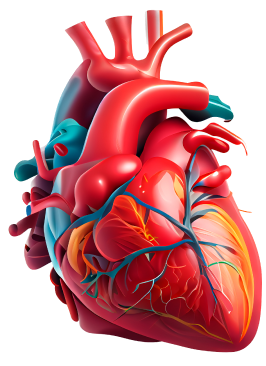
It Varies
Several factors influence how weed affects an individual. With its increasing potency and varying metabolization rates, weed can cause anxiety, panic attacks, and other adverse reactions.
It Hangs Around
THC is stored in your fat cells. It can stay in your body for around three weeks.
Stay In The Game
Weed is an ergolytic drug, meaning it decreases athletic performance, causing slowed reaction time and muscle recovery.
25 IS THE NUMBER.
Weed is weird. We still don’t know everything about it. But one thing we do know is that it can affect a young person’s development in multiple ways. Let’s go over why it’s important to give your brain and body the 25 years it needs to develop.




FOR THE RECORD...

